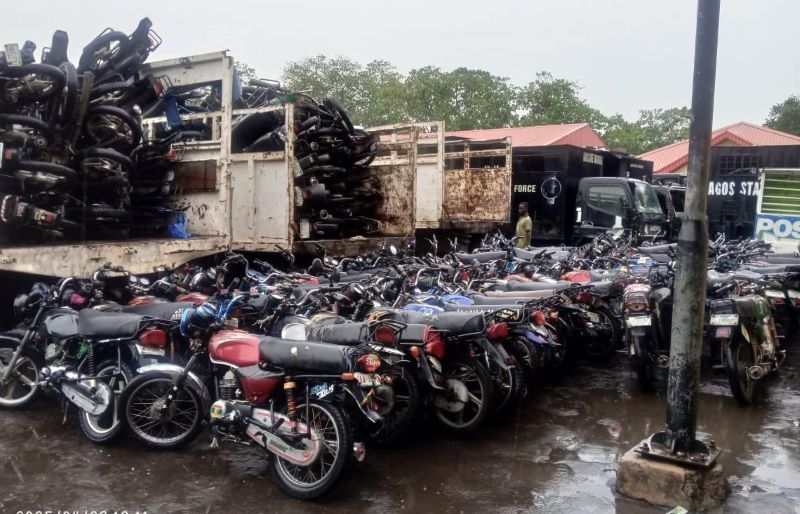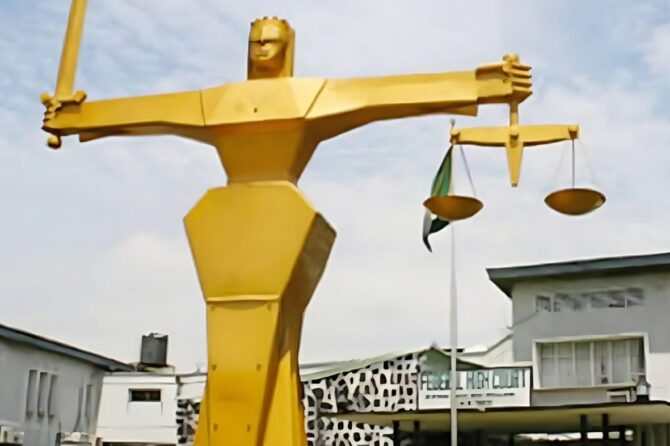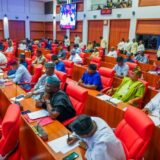Lagos Intensifies Okada Crackdown: 139 Motorcycles Seized, Safety vs. Livelihood Debate Reignites
LAGOS, Nigeria – May 1, 2025
The Lagos State Taskforce has seized 139 motorcycles in a renewed clampdown on commercial motorcycle operators (Okada riders) violating the state’s ban on restricted routes, reigniting debates over public safety, economic survival, and the effectiveness of outright bans. The operation, conducted on April 30 across hotspots like Alakija, Iyana-Iba, Abule-Ado, and Ojo Barracks, underscores the state’s zero-tolerance stance while exposing the policy’s socio-economic consequences.
Operation Details and Enforcement Rationale
- Zero-Tolerance Enforcement:
- Taskforce Chairman CSP Adetayo Akerele confirmed the seizures, warning that violators would face prosecution and permanent confiscation of motorcycles.
- THEMES PLUS Agenda: The crackdown aligns with Governor Babajide Sanwo-Olu’s safety-focused governance plan, prioritizing accident reduction and crime prevention.
- Crime Link: Recent arrests include riders involved in drug trafficking, highlighting security risks tied to unregulated Okada operations.
Public Safety Gains vs. Socio-Economic Fallout
- Safety Improvements:
- Lagos recorded an 11,000 reduction in motorcycle-related accidents (2011–2019) post-ban, with officials citing fewer fatalities.
- Delta State reported similar crime reductions after implementing its Okada ban.
- Economic Devastation:
- Livelihood Loss: Over 10,000 riders have lost income, with many forced into low-paying informal jobs or criminal activities
- Commuters’ Plight: Residents like trader Hadiza Ahmed now walk hours due to overcrowded buses and high transport costs.
Legal and Policy Controversies
- Regulatory Gaps:
- 2018 Transport Laws exempt motorcycles above 200cc from bans, yet Lagos enforces blanket restrictions, affecting legally compliant operators.
- Investor Backlash: Ride-hailing startups like Gokada and ORide faced collapse after the 2020 ban, losing millions in foreign investments.
- Human Rights Concerns:
- Critics argue bans disproportionately harm low-income earners, deepening poverty and mental health crises.
Stakeholder Reactions
- Government Defense:
- Akerele urged residents to stop patronizing Okada in banned areas: “The law is clear, and we will enforce it without compromise”.
- Expert Critiques:
- Joseph Okpara (Urban Planner, University of Nigeria): “Bans are blunt instruments. Smart policies like licensing, safety training, and designated routes would balance safety and accessibility”.
- Tanimola Akande (Public Health Expert): “Stress from transport hardships worsens mental health for low-income commuters”.
Future Implications
- Sustained Crackdowns: The Taskforce plans continuous patrols in hotspots, prioritizing highways and bridges.
- Policy Alternatives: Experts advocate for regulated Okada corridors, helmet mandates, and rider training programs to replace outright bans

















